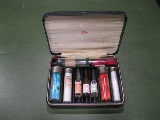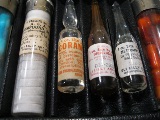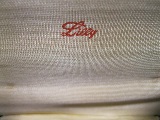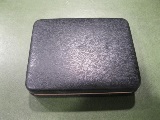Medicine in the New South
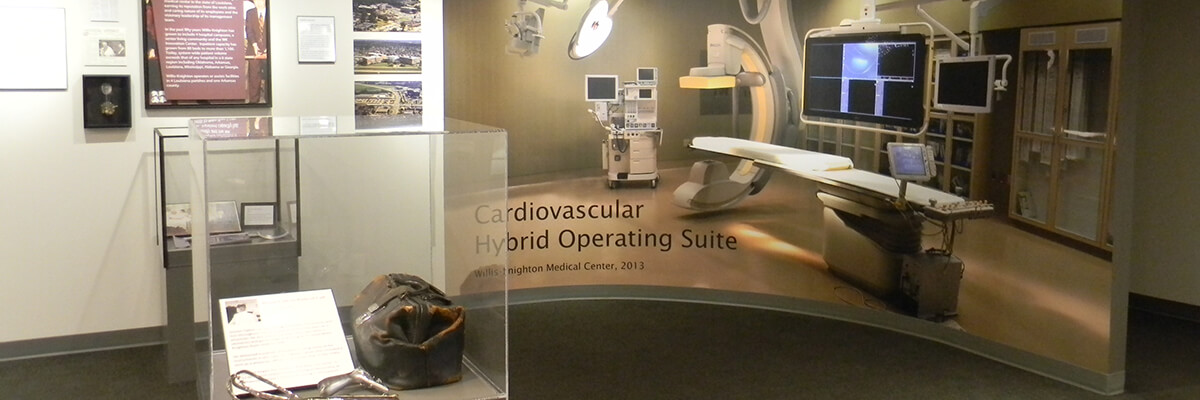
Medicine in the New South
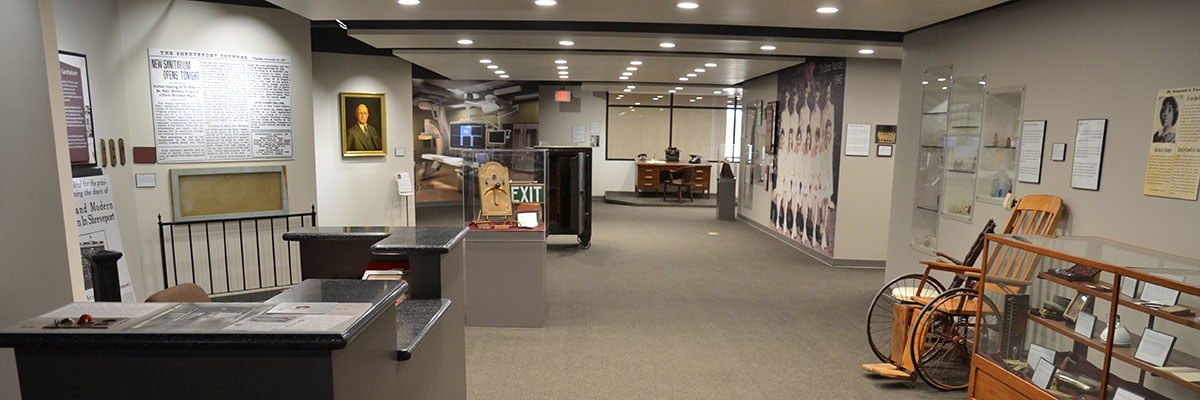
Medicine in the New South
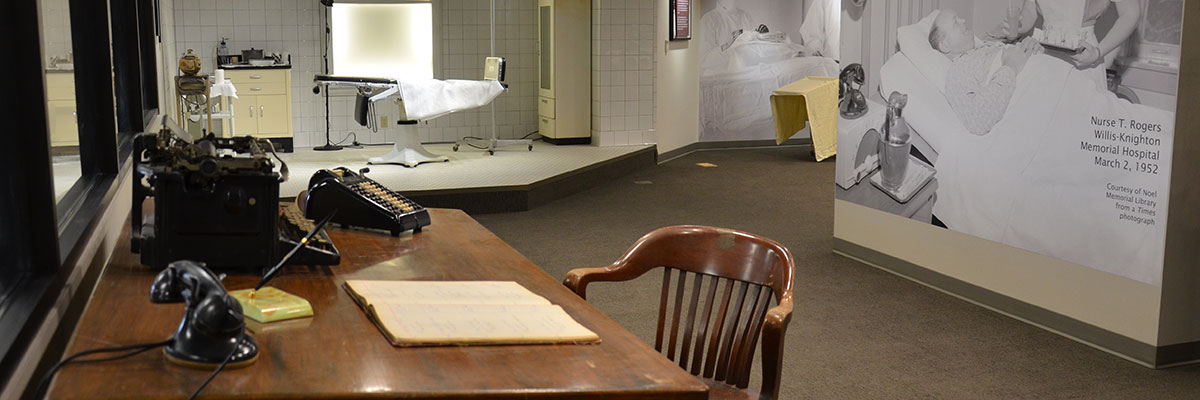
Medicine in the New South
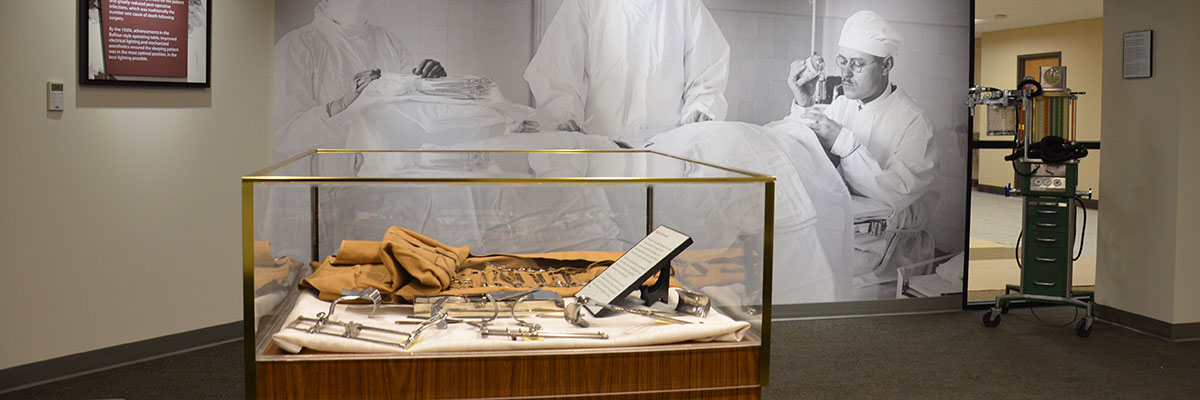
Medicine in the New South
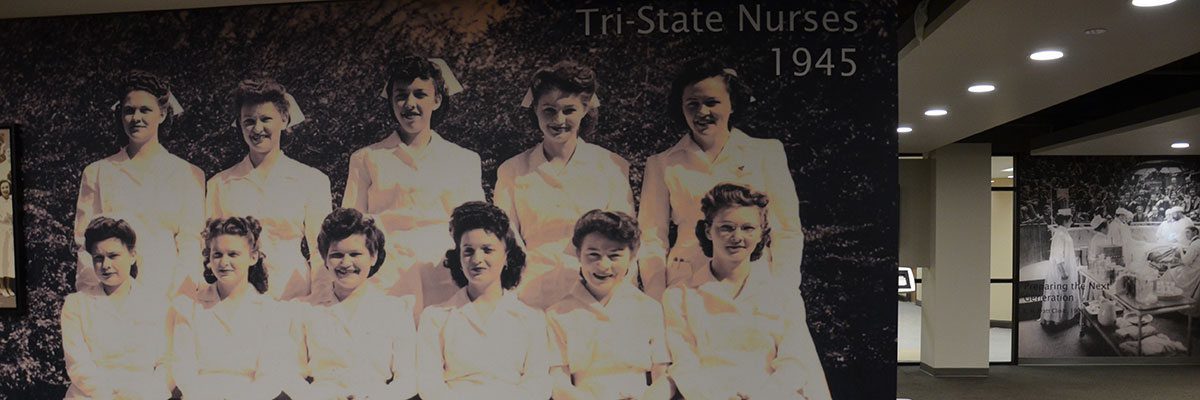
Medicine in the New South
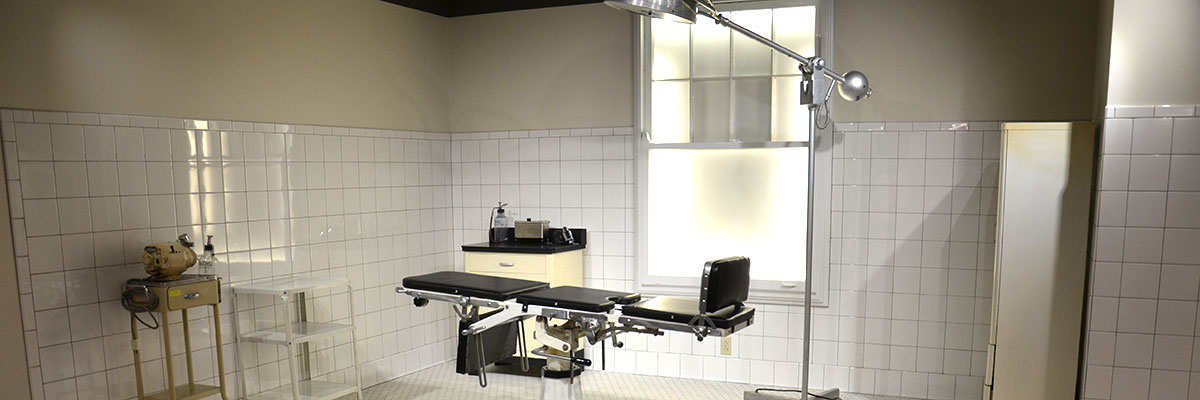
Traces the regional development of medicine from the end of the Civil War to the dawn of the twentieth century. Can you imagine sewing up a surgical incision with horsehair? Can you imagine the doctor coming to you for a house call when you are not feeling well? Highlights exhibit include a restored ca. 1890s doctor’s buggy, an extensive collection patent medicine bottles, vintage instruments and puzzling medical devices of years long since passed.
Drug Salesman Sample Case
Description
Physicians and surgeons are not only healers, but to pharmaceutical companies they are customers. These salesmen, were known as “detail men”, and for much of the past century, they would visit doctor’s offices offering free samples of their latest drugs. Sometimes, they even presented their products in case like this one. This one is marked with the stylized signature of Colonel Eli Lilly, the founder of the drug manufacturer.
This salesman’s sample case was produced and distributed by Eli Lilly, a well-known manufacturer of drugs and medical supplies. Eli Lilly and Company remains in business and is still headquartered in Indianapolis, Indiana where it was founded shortly after the Civil War. Eli Lilly was the first company to mass-produce the Salk Polio vaccine and developed and produced insulin for the treatment of diabetes. The case likely dates from the early 20th Century based on the drugs in the case. The firm still uses Colonel Lilly’s signature as it’s company trademark.
We can’t link this salesman sample case to a particular physician. They were produced by the tens of thousands over the years and the style changed little. Often doctors would reuse them as pocket sized containers for commonly used drugs on “house calls”.
Some of the drugs in the case are still used in the treatment of disease while others are no longer produced.
Location in Museum
Medicine in the New South caseAge
Circa 1890-1930


